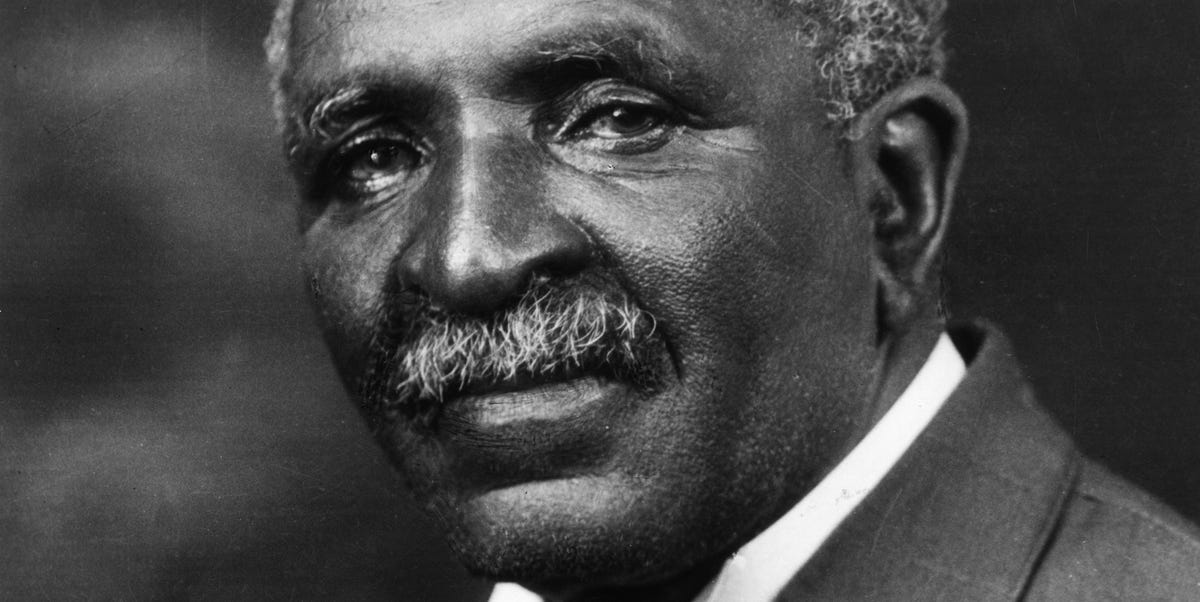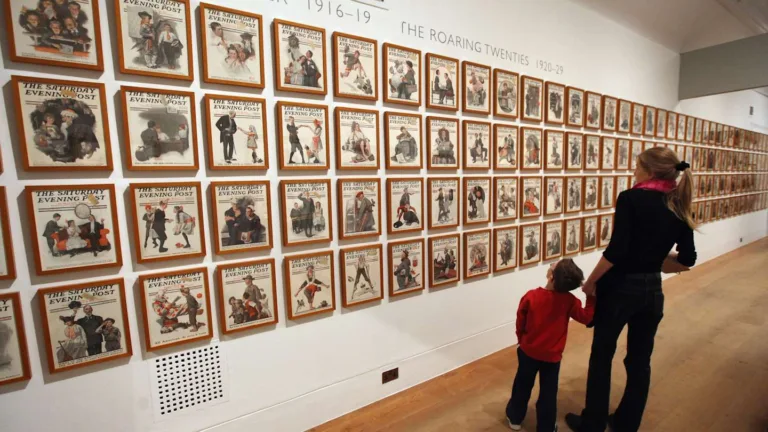Have you ever heard of a man who turned peanuts into hundreds of different products? That’s exactly what George Washington Carver did! He wasn’t just an inventor; he was a brilliant agricultural scientist who dedicated his life to helping farmers in the South. Born into slavery, he overcame incredible obstacles to become a leader at Tuskegee Institute, where he made groundbreaking discoveries about how to care for the land and grow different crops.
Carver believed that education and innovation were the keys to success, especially for African Americans who faced discrimination and limited opportunities. He taught farmers new ways to use their resources and encouraged them To Diversify Their Crops, moving away from relying solely on cotton. His work with peanuts, Sweet Potatoes, and soybeans revolutionized agriculture in the South and beyond, proving that even simple ingredients could be transformed into valuable products.
His story is one of perseverance, ingenuity, and a deep commitment to helping others. George Washington Carver’s biography is filled with inspiring moments that demonstrate the power of education, Hard Work, and a belief in oneself.
Early Life and Education
George Washington Carver’s early life was far from easy. Born into slavery in Missouri around 1864, he faced unimaginable hardships and prejudice. Sadly, his parents were separated, and he was raised by a kind couple named Moses and Susan Carver who provided him with love and support despite the difficult circumstances.
Even as a young boy, George showed a natural curiosity about the world around him. He loved to learn and explore, spending hours observing nature and experimenting with different plants. His passion for knowledge led him To Pursue Education, but access was limited for African Americans at the time. Determined to succeed, he attended various schools and ultimately enrolled in Iowa Agricultural College, where he excelled in his studies.
It was during this period that he adopted the name “George Washington Carver,” honoring the first president of The United States who symbolized freedom and opportunity. This pivotal moment marked the beginning of his remarkable journey as a scientist and educator. His experiences growing up instilled in him a deep empathy for others and a strong desire to make a positive impact on the world, particularly within the African American community.
Contributions to Agriculture
George Washington Carver’s most significant contributions were undoubtedly in the field of agriculture. He revolutionized farming practices in the South by promoting crop diversification and Soil Conservation. Farmers at the time relied heavily on cotton, which depleted the soil over time. Carver recognized this problem and tirelessly advocated for alternative crops like peanuts, Sweet Potatoes, and soybeans.
He developed hundreds of innovative uses for these crops, from food products to industrial materials. His research showed that peanuts could be used to make milk, cheese, flour, soap, ink, and even gasoline! This not only provided farmers with new income sources but also helped improve soil fertility and reduce reliance on a single crop. Carver’s work was revolutionary and had a lasting impact on agriculture in the region.
His dedication to sustainable farming practices ensured that future generations could continue to benefit from healthy soil and Diverse Crops. He truly understood the interconnectedness of nature and believed that responsible land management was essential for a thriving Agricultural System.
 Is Suge Knight Dead? Life, Death Row Records & Legal Battles
Is Suge Knight Dead? Life, Death Row Records & Legal BattlesLegacy and Impact
George Washington Carver’s legacy extends far beyond his scientific achievements. He became a national icon, inspiring countless people with his story of resilience and dedication to social justice. His work empowered African American farmers, Challenged Discriminatory Practices, and paved the way for greater equality in education and opportunity.
His commitment to sharing knowledge through teaching and outreach programs made him a beloved figure at Tuskegee Institute. He believed that education was the key to unlocking potential and creating a better future. Even today, his name is synonymous with innovation, perseverance, and the power of using science To Improve Lives. Carver’s impact on American agriculture and society as a whole continues to be felt in countless ways.
His story reminds us that even in the face of adversity, one person can make a profound Difference Through Hard Work, creativity, and a unwavering belief in the power of education. George Washington Carver’s biography serves as a timeless testament to the human spirit’s ability to overcome challenges and leave a lasting legacy for generations to come.
The Tuskegee Institute Experience
After completing his education at Iowa Agricultural College, George Washington Carver found a fulfilling home at Tuskegee Institute in Alabama. This historically Black institution provided him with the platform to share his knowledge and make a real difference in the lives of African Americans.
At Tuskegee, Carver’s passion for agriculture flourished. He established a research program that focused on soil conservation, Crop Diversification, and sustainable farming practices. His innovative experiments with peanuts, Sweet Potatoes, and soybeans quickly gained recognition, transforming agricultural life in the South. Beyond his scientific contributions, Carver was deeply committed to teaching and empowering students at Tuskegee.
He believed that education was the key to unlocking potential and creating a better future for African Americans. The Tuskegee Institute experience shaped Carver’s legacy as not only a brilliant scientist but also as a dedicated educator and advocate for social justice. His work at Tuskegee became a beacon of hope, demonstrating the power of knowledge, innovation, and perseverance in overcoming adversity.
Empowering Communities Through Science
George Washington Carver understood that true progress came from empowering communities through knowledge and practical solutions. He didn’t just conduct research in a lab; he actively sought to bring his discoveries to the people who needed Them Most.
He traveled extensively throughout the South, giving lectures and demonstrations to farmers, sharing his innovative techniques for soil conservation and crop diversification. Carver believed that everyone deserved access to education and opportunity, regardless of their background. He championed agricultural literacy and encouraged African American farmers to take control of their livelihoods through sustainable practices.
His commitment to community engagement transformed lives and fostered a sense of self-Reliance Within Rural Communities. Empowering communities through science was at the heart of Carver’s mission, and his legacy continues to inspire individuals and organizations working to create a more equitable and sustainable world.










